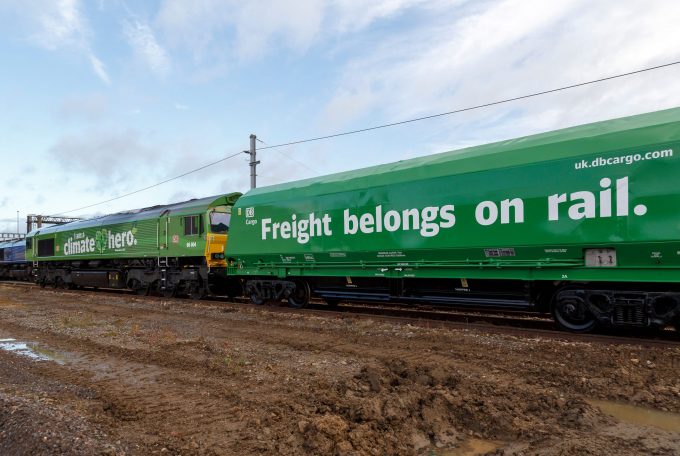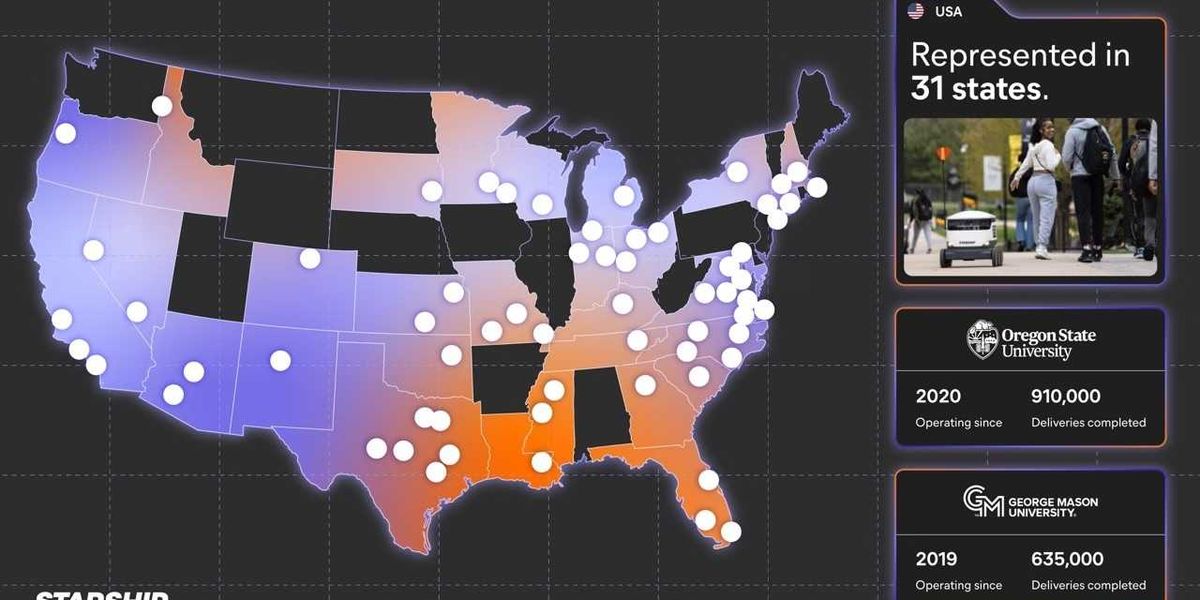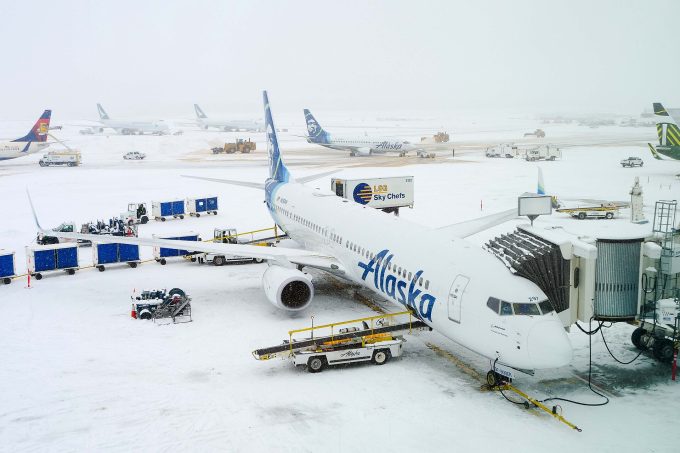According to an analysis by Reuters, global companies reported expected costs exceeding $35 billion from US tariffs as they approach third-quarter earnings. The analysis, which reviewed hundreds of corporate statements, regulatory filings and earnings calls from July 16 to September 30, found that companies expect a combined financial impact of $21.0 billion to $22.9 billion for 2025 and nearly $15 billion for 2026.
Read also: Trump extends the discount on auto parts until 2030, and imposes new tariffs on trucks
The total of more than $35 billion represents an increase from the $34 billion raised in May, shortly after the “Liberation Day” tariffs were imposed in April. However, this overall trajectory masks a shift, as the increase is largely attributable to a single $9.5 billion estimate from Toyota. Several other companies lowered their initial worst-case forecasts in the wake of new lower-rate trade deals reached by US President Donald Trump with the European Union and Japan.
French spirits makers Remy Cointreau and Pernod Ricard both lowered their estimates of tariff-related costs following the EU deal. Likewise, Sony lowered its forecasts in August. Exceptions have also been provided for in other agreements, such that only about a third of Brazil’s exports face a 50% tariff.
“Tariffs are becoming clearer,” Stellantis CEO Antonio Velosa said in a mid-October interview. “We believe tariffs will be just another variable in our business equation that we need to be prepared to manage, and we will do that.” The company warned in July of a loss of €1.5 billion as a result of US tariffs this year, but has since provided new details of a four-year, $13 billion investment in US manufacturing.
“I think there is a feeling that we have reached a falling point in terms of some bilateral trade deals,” ICC Deputy Secretary-General Andrew Wilson noted. He added: “But there will still be much greater complexity and this huge amount of uncertainty.” This uncertainty was highlighted when President Trump earlier this month floated the idea of imposing 100% additional tariffs on China. He later stated that the proposed tariffs would not be sustainable and blamed Beijing for recent tensions in trade talks between the two countries.
Source: Market intelligence platform IndexBox










